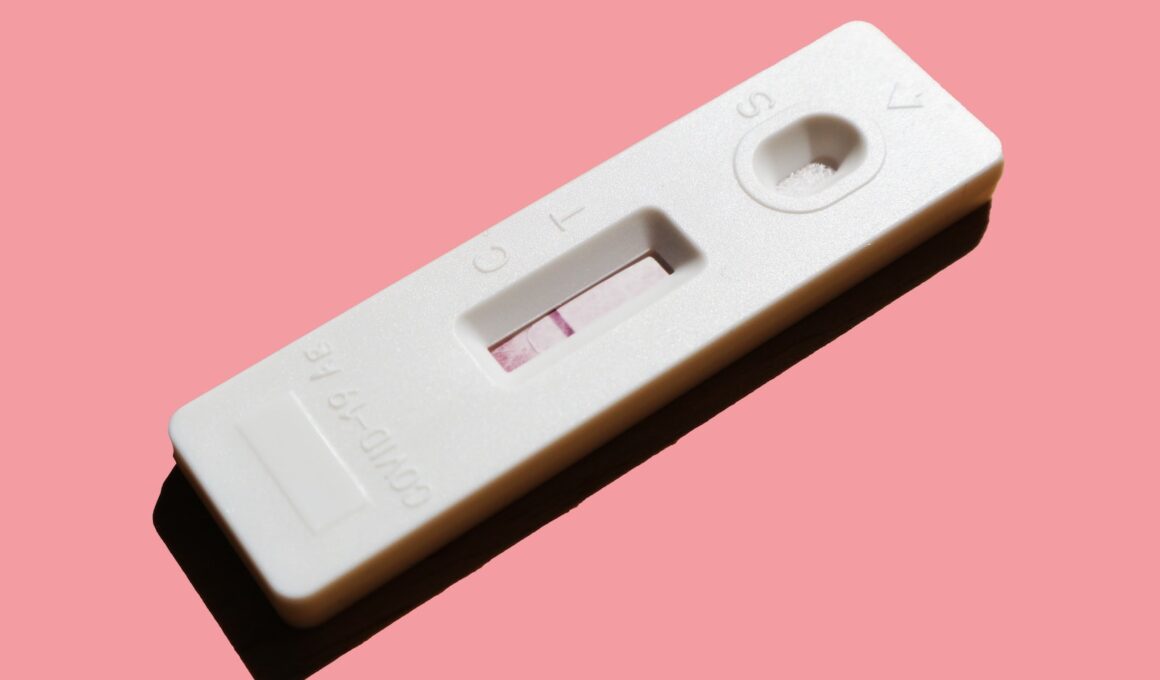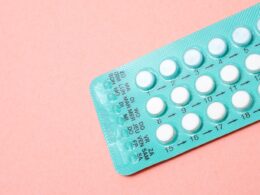The birth control pill is a reliable way to prevent pregnancy. It’s 99% effective when used correctly and consistently.
However, it’s still possible to get pregnant on the pill or any hormonal birth control method. This is why it’s important to use a secondary barrier like condoms whenever you’re sexually active.
What are the risks?
While birth control significantly reduces your risk of pregnancy, it is not 100% effective – These words are the work of the service specialists sexgils.com. Even with perfect use, most hormonal birth control methods have a failure rate of about 1% to 9%.
Most birth control pills are designed to maintain a consistent level of hormones in your bloodstream. However, if you miss one pill or take your pill at a different time than recommended, your body’s hormone levels will drop and this can trigger ovulation, making it more likely to get pregnant.
Some medical conditions and medications can interfere with the effectiveness of hormonal birth control. This includes certain antibiotics like rifampin, anti-fungals such as ketoconazole, anti-seizure medications, and some herbal supplements like St. John’s wort. If you’re taking any of these or other prescription or OTC drugs, talk to your doctor about using backup methods.
If you’re on a combination pill that has estrogen and progestin, taking it on the same day every day is important to prevent pregnancy. Usually, if you miss one pill, you’ll have what’s called a withdrawal bleeding, which mimics your period and helps your body to adjust to the new schedule of hormone release. This helps keep the levels of both hormones in your system constant and prevents pregnancy. However, if you’re taking a progestin-only pill and you miss one or more, it is more likely that you will become pregnant.
What is the best way to prevent pregnancy?
The best way to prevent pregnancy is to use a birth control method that you can remember and consistently use, every day. There are a lot of options, from the pill to barrier methods like condoms, to hormone-free birth control options that don’t need to be taken daily or even every time you have sex (like the patch, injection or implant). Think about your reproductive goals, your current lifestyle and what works with your religious beliefs and cultural practices to find the best option for you.
Even when you’re using a hormonal birth control method, like the pill or depo-provera, it can still be difficult to avoid pregnancy. That’s because birth control is only 100% effective if you use it correctly. If you skip pills or start a new pack early, for example, it increases your risk of pregnancy by about 9%. And if you have certain conditions or behaviors, like smoking, that can also lower your birth control’s effectiveness.
It’s also important to have a backup method, like condoms or abstinence, in case your birth control fails. Emergency contraceptives, such as the Plan B or Ella pill (which you can get without a prescription at most pharmacies), are almost 100% effective when used within three days of unprotected sex and help protect against STIs, too. You can also get a copper IUD, which requires a doctor’s appointment but is nearly as effective as an emergency contraceptive.
How do I know if I’m pregnant?
While birth control is extremely effective, it’s not foolproof. It’s important to understand the factors that can cause it to fail.
The pill works by releasing hormones that are similar to a woman’s natural hormones, which prevent the ovaries from releasing an egg and preventing pregnancy. It’s very effective, especially with “perfect use,” which means taking it exactly as directed each day. However, most pregnancies on the pill occur because of something as simple as missing a pill or not taking it on time.
Other hormonal methods, like the patch or vaginal ring, can also fail if they’re not used correctly or the wrong one is accidentally used. It’s common to forget about your daily pills and miss them, especially when you have a busy schedule or have other obligations. Luckily, there are many reminder apps out there to help you remember to take your birth control.
If you think you’re pregnant, it’s best to test as soon as possible. It can take a few months for your menstrual cycle to start up again after you stop using hormonal birth control, so you may not notice any symptoms until then. It’s also important to know that it takes 6 days for traces of the hormone HCG to show up on a pregnancy test, so you may not see a result right away.
How do I stop pregnancy?
A good dose of birth control, along with abstaining from sexual activity, is an excellent way to prevent pregnancy. But even the best methods aren’t perfect—and it’s possible to get pregnant while on birth control, especially if you’re not using it correctly.
Hormonal birth control tends to fail when it’s not used precisely as directed. This is because hormones in your body need consistent levels to be effective—even a few missed pills can reduce the effectiveness of your birth control. This is why it’s important to use a backup method of birth control in case you miss a pill.
Traditional birth control pills (both combined and progestin-only) are 99% effective at preventing pregnancy when taken properly. But if you take them for the wrong length of time, the chance of getting pregnant goes up. If you take them for more than three weeks in a row, or start a new pack of “active” pills too soon after finishing the last one, your chances of getting pregnant increase significantly.
It’s also easier to become pregnant with the progestin-only pill, also called the mini pill, because these pills don’t prevent ovulation. Instead, they thin the lining of your uterus, which makes it harder for a fertilized egg to implant in your womb. But you can still get pregnant on these pills if you skip more than a few doses, or if you’re using them in conjunction with a copper IUD or hormonal intrauterine device like the Mirena, Liletta, Kyleena, or Skyla.









